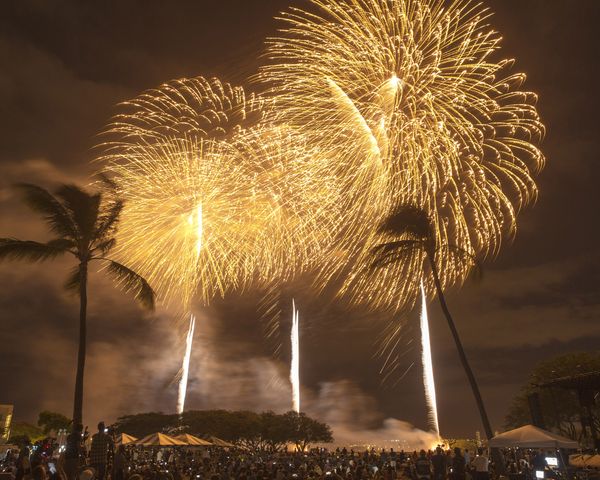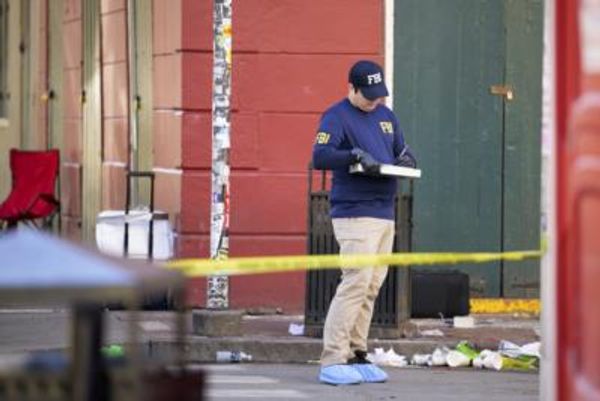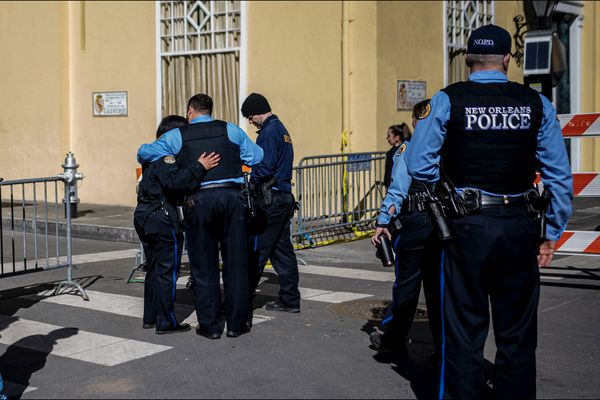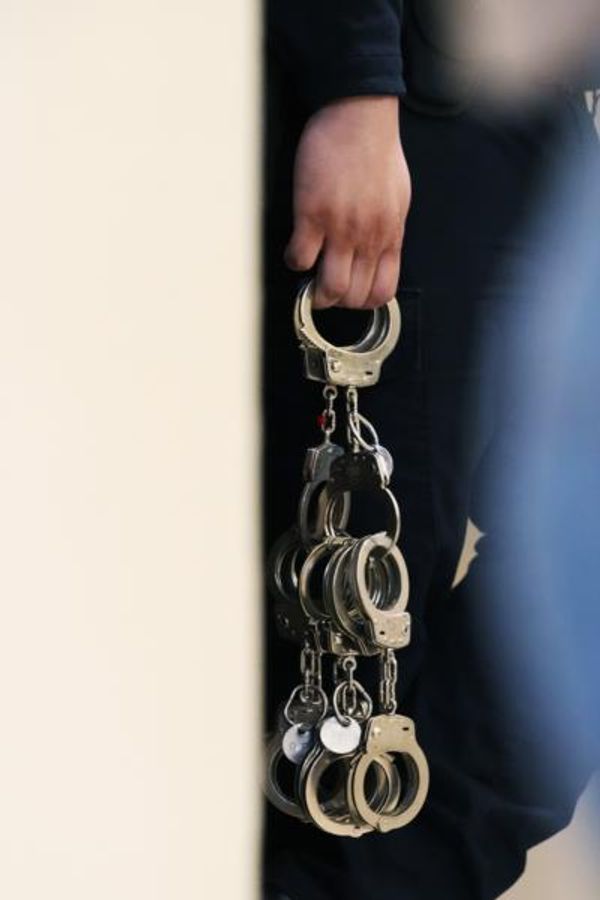The plan to build nuclear-powered submarines in South Australia has alarmed anti-war and environmental campaigners, one of whom says the vessels have a "long history" of involvement in accidents across the globe.
Prime Minister Scott Morrison unveiled a deal to construct the new fleet of at least eight submarines, declaring a new era of strategic alignment with the United States and United Kingdom, and a new trilateral security partnership called AUKUS.
"All Australians benefit from the national interest decisions to protect Australians and to keep Australians safe," Mr Morrison said.
But Friends of the Earth Australia's anti-nuclear spokesperson Jim Green said the plan was more likely to compromise public safety than enhance it.
"I'm worried about the security and proliferation aspects of this, I'm deeply concerned as an Adelaidean. A city of 1.3 million people is not the place to be building nuclear submarines," he said.
"You should build hazardous facilities away from population centres, partly because of the risk of accidents and partly because of the possibility that a nuclear submarine site could be targeted by adversaries."
Dr Green said the question of what would become of the spent fuel remained unanswered, and there was "a long history of accidents involving nuclear submarines".
Many — but not all — of those occurred in submarines built in the former Soviet Union, including the infamous K-19, which was subsequently dubbed "The Widowmaker" and became the subject of a Hollywood film.
After its reactor suffered a loss of coolant, members of the crew — more than 20 of whom died in the next two years — worked in highly radioactive steam to prevent a complete meltdown.
Two US naval nuclear submarines — USS Thresher and USS Scorpion — currently remain sitting at the bottom of the Atlantic Ocean, at depths of more than two kilometres, after sinking during the 1960s.
More than 200 mariners died in the disasters, and neither vessels' reactors, nor the nuclear weapons on board the Scorpion, have ever been recovered.
Two years ago, 14 Russian naval officers were laid to rest after they were killed in a fire on a nuclear-powered submersible in circumstances that were not fully revealed by the Kremlin.
Dr Green said Australia's "nuclear power lobby" had "been quick off the mark", and was already using the Prime Minister's announcement to push for further involvement with the nuclear fuel cycle, including atomic energy and waste storage.
"The South Australian Nuclear Fuel Cycle [Royal] Commission, in its 2016 report, estimated a cost of $145 billion to construct and operate a nuclear waste repository," he said.
"No country in the world has got a repository to dispose of high-level nuclear waste, and the only repository in the world to dispose of intermediate-level nuclear waste, which is in the United States, was shut for three years from 2014 to 2017 because of a chemical explosion."
Former nuclear commissioner backs plan
In 2019, defence analyst Hugh White ignited debate when he raised the option of Australia developing nuclear weapons, and Dr Green said he was concerned about the ramifications of any involvement with nuclear technology.
"I'm concerned that Australia might be sliding towards a nuclear weapons capability and I wonder if that might be part of the agenda driving this whole process," he said.
The Greens have also expressed deep reservations, describing the plan as tantamount to putting "floating Chernobyls in the heart of Australia's cities".
"Many Australians will be feeling very worried about Mr Morrison's deal to build nuclear submarines with the US," Senator Sarah Hanson-Young tweeted.
Residents of Adelaide's north-west, where submarine builder ASC is based, expressed mixed feelings about the plan, with some concerned by the prospect of having nuclear submarines near their homes.
But the retired naval officer who chaired South Australia's nuclear royal commission, Rear Admiral Kevin Scarce, is strongly supportive of the federal government's announcement.
Mr Scarce rejected claims Australia would be put at greater risk because of the change in policy.
"Nuclear technology always comes with a risk but many navies throughout the world have managed this for many decades safely. I have no doubt, with modern technology, we will be able to do the same."
Mr Scarce said enhancing Australia's naval arsenal with nuclear-powered submarines was a response to the fact that the nation's "strategic circumstances are changing".
"It's a move that has resulted from a lack of clarity about what the intent is [from] some of the nations in our region. It's a logical reaction to uncertainty," he said.
"It takes time to explain to the community why we are doing these things.
"I think the catalyst of the changed strategic circumstances will short-circuit some of that, because people appreciate that we need the right capability for the right time and the right circumstances, and I believe nuclear propulsion is the right capability for Australia.
"It's now about explaining what this capability brings to Australia, how we will manage it and how we will safeguard it. I think we can do that."







